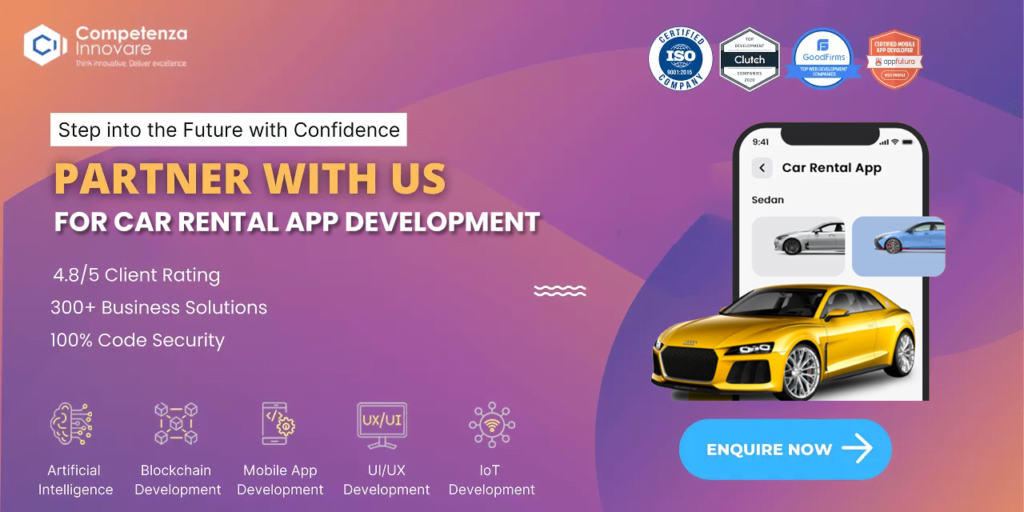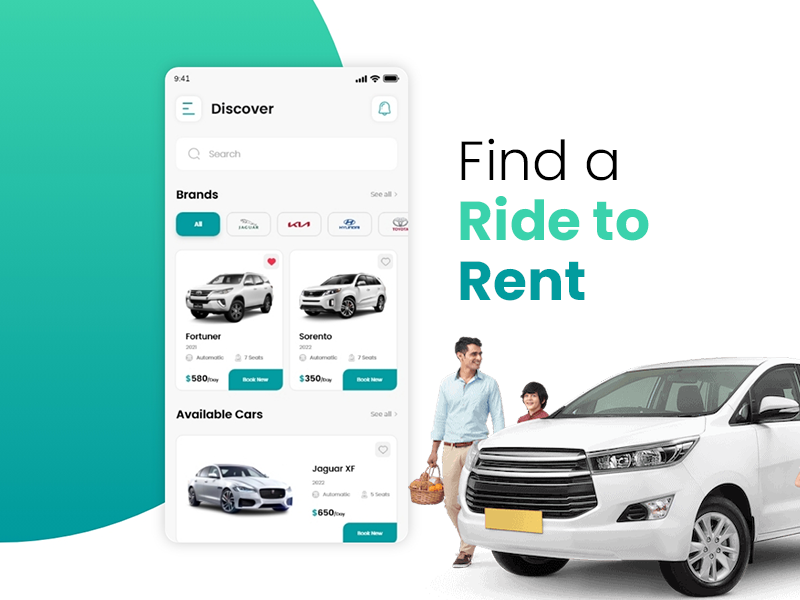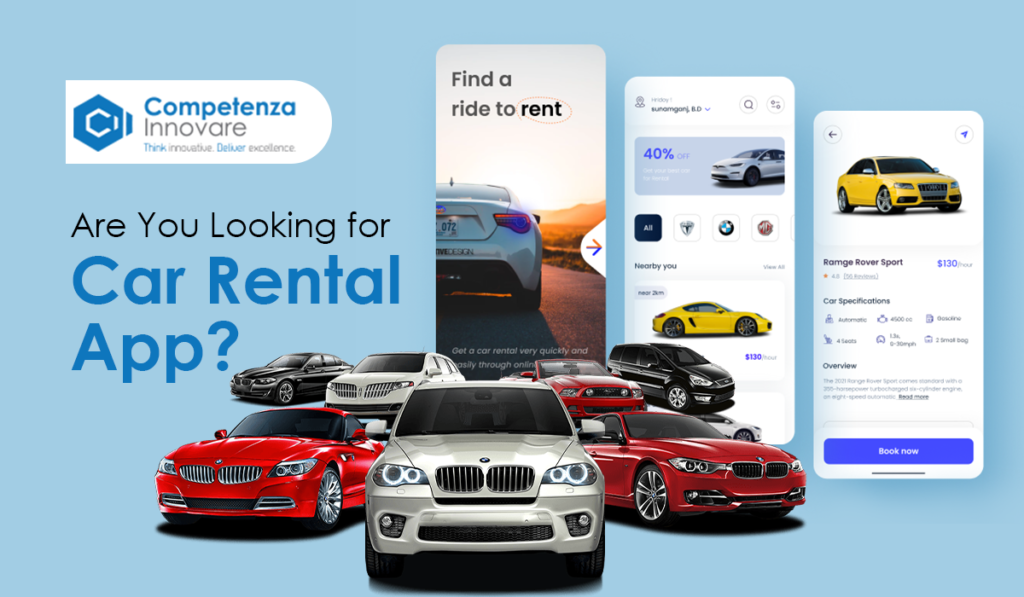Unlock Your Journey: The Ultimate Guide to Seamless Car Rental
Embarking on a new adventure, planning a crucial business trip, or simply needing temporary transportation? Renting a car offers unparalleled freedom and flexibility. This comprehensive guide will navigate you through every step of the car rental process, ensuring a smooth, efficient, and ultimately satisfying experience. From understanding the nuances of different vehicle types to demystifying insurance options and deciphering the fine print of rental agreements, we've got you covered. Prepare to unlock the open road with confidence.
Finding the Perfect Vehicle for Your Needs
The first step in a successful car rental journey is selecting the right vehicle. The vast array of options available can seem daunting, but by considering a few key factors, you can pinpoint the perfect match for your specific requirements.
- Consider the number of passengers: Are you traveling solo, with a partner, or with a large family? Compact cars are ideal for individuals or couples navigating cityscapes, offering fuel efficiency and easy parking. Sedans provide comfortable seating for small groups and ample trunk space for luggage. For larger families or groups, SUVs and minivans offer the necessary passenger capacity and storage.
- Evaluate your luggage requirements: Don't underestimate the amount of luggage you'll be carrying. If you're planning an extended trip or traveling with a lot of gear, ensure your chosen vehicle has sufficient trunk space to accommodate your belongings comfortably and safely.
- Assess the terrain and driving conditions: Will you be primarily driving on well-maintained city roads, or will your journey involve navigating rough terrain or potentially adverse weather conditions? If the latter, consider an SUV with all-wheel drive for enhanced traction and stability.
- Think about fuel efficiency: For longer journeys or budget-conscious travelers, fuel efficiency is a crucial consideration. Opting for a smaller car or a hybrid vehicle can significantly reduce your fuel costs.
- Consider any special requirements: Do you need specific features like child safety seats, GPS navigation, or accessibility options? Ensure to inquire about the availability of these extras when making your booking.
Navigating the Booking Process Like a Pro
Once you've determined the type of vehicle you need, the next step is to navigate the booking process effectively. Here are some essential tips to ensure a seamless experience and potentially secure the best deals:

- Compare prices from multiple providers: Don't settle for the first quote you receive. Utilize online comparison websites to check prices from various rental companies operating in your desired location. This can reveal significant differences in cost.
- Book in advance, especially during peak seasons: Demand for rental cars can surge during holidays and popular travel periods. Booking well in advance not only increases the likelihood of securing your preferred vehicle but can also often result in lower prices.
- Be flexible with your dates and pick-up/drop-off locations: Sometimes, slightly adjusting your pick-up or drop-off dates or considering alternative locations (e.g., an off-airport location) can lead to substantial savings.
- Carefully review the rental terms and conditions: Before finalizing your booking, meticulously read the rental agreement. Pay close attention to policies regarding mileage restrictions, cancellation fees, late return charges, and driver requirements.
- Understand the fuel policy: Rental companies typically offer various fuel options (e.g., full-to-full, prepaid fuel). Understand the implications of each option to avoid unexpected charges upon returning the vehicle. The "full-to-full" policy, where you return the car with the same amount of fuel as when you picked it up, is often the most cost-effective.
- Check for discounts and loyalty programs: Many car rental companies offer discounts to members of certain organizations (e.g., AAA, AARP) or through partnerships with airlines and hotels. Inquire about potential discounts and consider joining loyalty programs for future benefits.
Demystifying Car Rental Insurance: What You Need to Know
Understanding car rental insurance is crucial for protecting yourself financially in the event of damage, theft, or accidents. Rental companies typically offer several types of coverage, and it's essential to determine which options are necessary for your situation.
- Collision Damage Waiver (CDW) or Loss Damage Waiver (LDW): This coverage limits your financial responsibility for damage to or theft of the rental vehicle. While often offered by rental companies, your personal auto insurance or credit card may already provide similar coverage. It's crucial to verify your existing coverage before opting for CDW/LDW.
- Liability Insurance: This protects you if you cause injury to another person or damage to their property while driving the rental car. The minimum liability coverage required varies by location, and you may want to consider supplemental liability insurance for added protection.
- Personal Accident Insurance (PAI) and Personal Effects Coverage (PEC): PAI covers medical expenses for injuries to you and your passengers in the event of an accident, while PEC covers the loss or damage of your personal belongings inside the rental car. Your health insurance and homeowner's or renter's insurance may already provide adequate coverage in these areas.
- Supplementary Liability Insurance (SLI): This provides additional liability coverage above the rental company's basic policy, offering greater financial protection in case of a significant accident.

Before accepting any insurance offered by the rental company, carefully review your existing auto insurance policy and credit card benefits. Many credit cards offer car rental insurance as a perk when you use them to pay for the rental. Understand the coverage limits and any specific requirements or exclusions.
Mastering the Pick-Up and Drop-Off Process
The pick-up and drop-off stages are critical for a smooth rental experience. Being prepared and attentive during these times can prevent potential headaches and unexpected charges.
Pick-Up:
- Bring all required documents: This typically includes your driver's license, credit card used for booking, and any confirmation paperwork. Ensure your driver's license is valid and meets the rental company's requirements.
- Thoroughly inspect the vehicle: Before driving away, carefully inspect the interior and exterior of the car for any existing damage, such as scratches, dents, or tears. Document any pre-existing damage on the inspection report provided by the rental company and take photos or videos as additional evidence. This will protect you from being held responsible for damage that was already present.
- Understand the vehicle's features and operation: Familiarize yourself with the car's basic controls, including lights, wipers, turn signals, and hazard lights. Ask the rental agent for clarification on any unfamiliar features.
- Confirm the fuel level and policy: Verify the fuel level indicated on your rental agreement matches the actual fuel level in the car. Reconfirm the agreed-upon fuel return policy.
Drop-Off:
- Allow ample time for the return process: Factor in potential traffic delays and time for the rental company to inspect the vehicle and process your return. Returning the car late can result in additional charges.
- Refuel the vehicle according to the agreed-upon policy: If your agreement requires you to return the car with a full tank, ensure you do so and keep the fuel receipt as proof.
- Inspect the vehicle with a rental agent: Whenever possible, have a rental agent inspect the vehicle with you upon return and obtain a signed condition report. This will help prevent any disputes about potential damage.
- Retain all rental documents: Keep copies of your rental agreement, inspection reports, and final bill for your records in case of any discrepancies or future inquiries.


Essential Tips for a Stress-Free Car Rental Experience
Beyond the core processes, here are some additional tips to enhance your car rental experience and minimize potential stress:
- Familiarize yourself with local traffic laws and regulations: Be aware of speed limits, parking restrictions, and other traffic laws in the area where you'll be driving.
- Utilize GPS or navigation apps: Plan your routes in advance and use a reliable GPS device or smartphone navigation app to avoid getting lost.
- Keep emergency contact information readily available: Have the rental company's contact information and local emergency numbers easily accessible.
- Be mindful of toll roads and payment methods: Understand the toll road system in the area and ensure you have the necessary payment methods (e.g., electronic toll transponders or cash).
- Report any accidents or damage immediately: In the event of an accident or any damage to the rental vehicle, contact the rental company and the local authorities immediately. Follow their instructions carefully.
By following this comprehensive guide, you can navigate the world of car rental with confidence and ease, ensuring a smooth and enjoyable journey. Remember to always read the fine print, understand your insurance options, and inspect your vehicle thoroughly. Happy travels!
Comments
Post a Comment